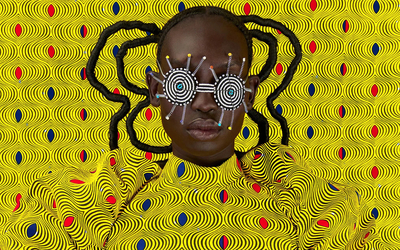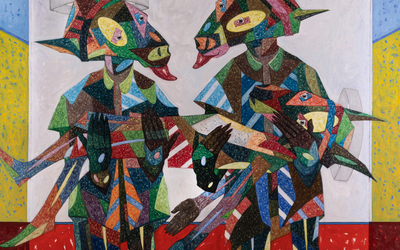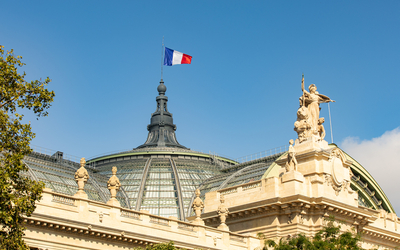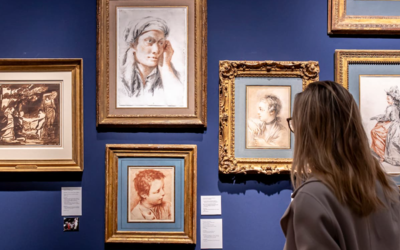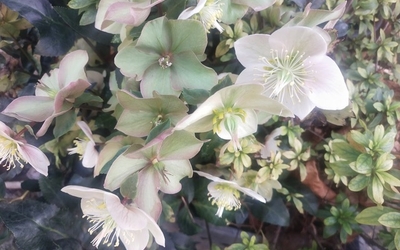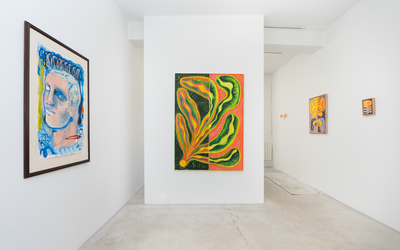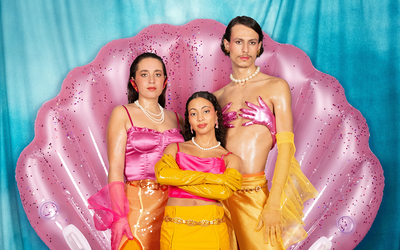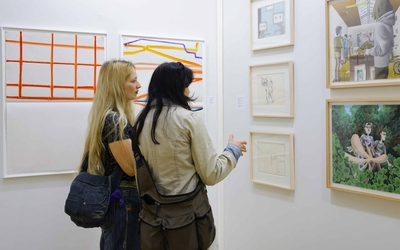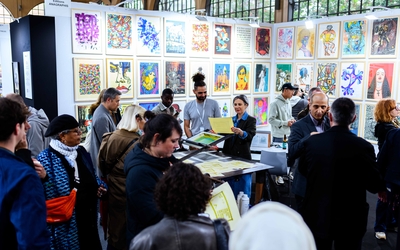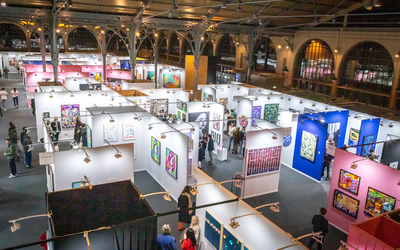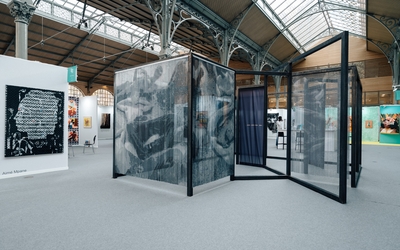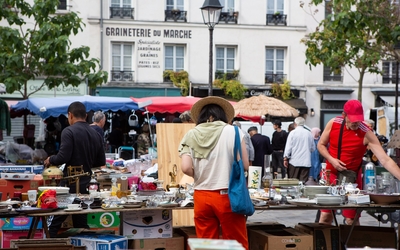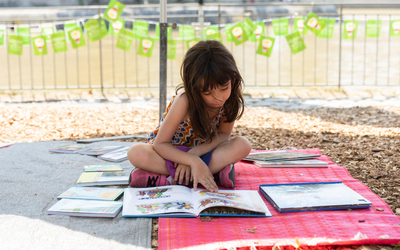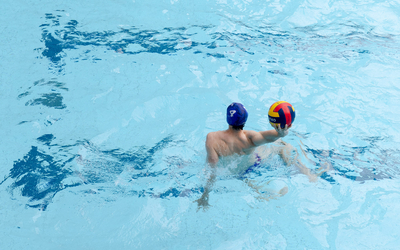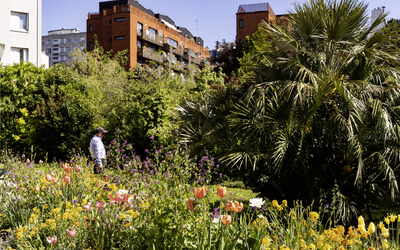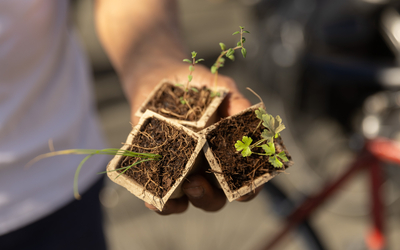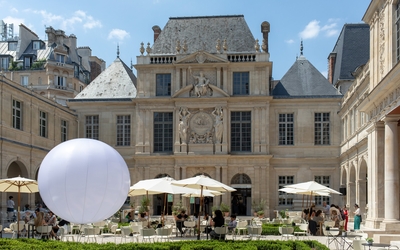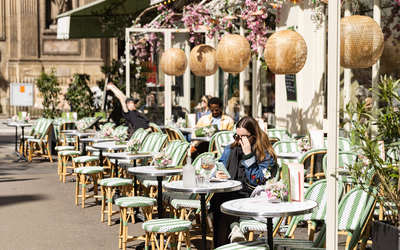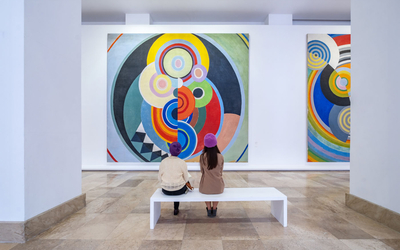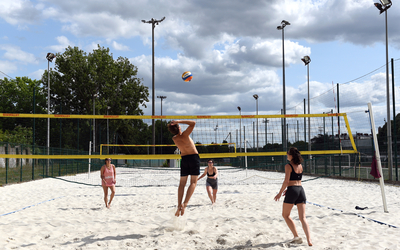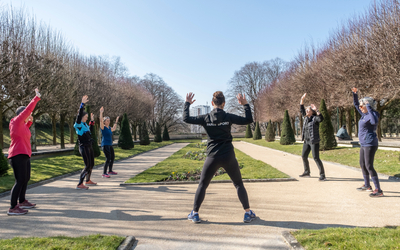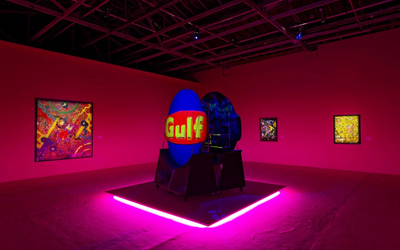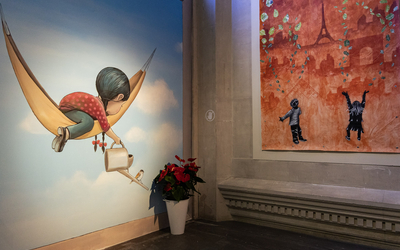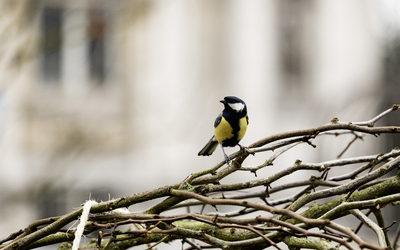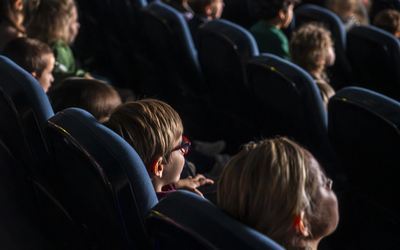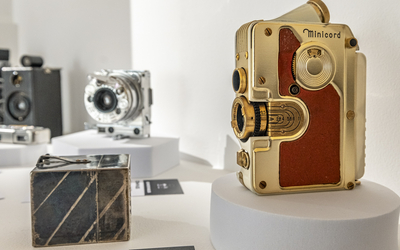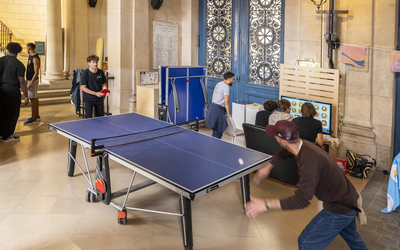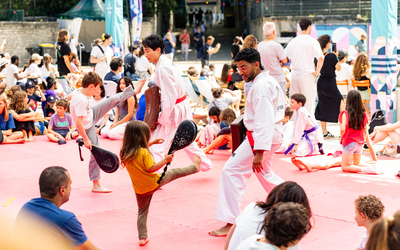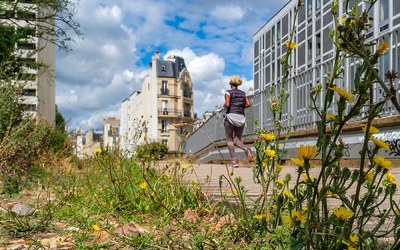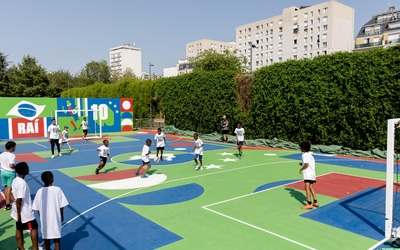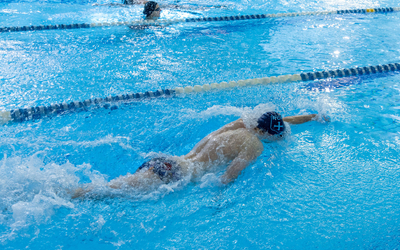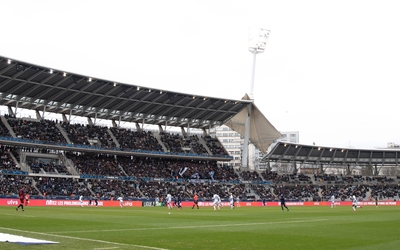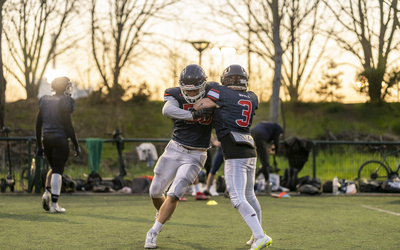Cet évènement fait partie de
Nuit Blanche 2024
Performance poétique autour des enjeux planétaires liés à l'eau, amplifiés par la problématique mahoraise portée par l'artiste trinidadien et résidant japonais Marlon Griffith, WE WILL NOT BOW [Nous ne ploierons pas] témoigne de la diversalité de l’expérience ultramarine, de l’archipel des Comores à celui du Japon. La prise de conscience de la réalité ultramarine des populations vivant à Mayotte, alliée à la morale philosophique du conte japonais autour de la figure du Kappa*, est inscrite dans une déambulation aux abords des points d’eau du Parc de Belleville, desquels les performeuses et performeurs puisent leur subsistance. Ainsi, si les Kappa ne ploieront pas sous la charge, ils inclineront néanmoins la tête — pourvue d’une fente pour préserver l’eau de la survie dans l’histoire originale, juchée d’un réceptacle en céramique pour la transvaser dans son adaptation artistique — afin de remplir les réservoirs d’eau les uns des autres. Venant à en manquer, ils seront forcés à l’arrêt.
*Kappa : figure folklorique japonaise représentant un génie de l’eau au crâne fendu pour contenir une réserve aquifère, source de ses pouvoirs.
Marlon Griffith [1976, Port of Spain, Trinidad and Tobago] a commencé sa pratique artistique en tant que concepteur de carnaval – un « mas’man », comme le surnomment les Trinidadiens. Le travail de Marlon Griffith repose sur un dialogue réciproque entre Mas [la composante artistique du carnaval de Trinidad] et l’art : il se situe à l’intersection du visuel et de la performance publique.
Avec la participation de danseurs amateurs et des volontaires de Paris.
English version
Ambulatory
performance / 6.30 p.m.-9:30 p.m.
Poetic performance around global issues linked to water,
amplified by the Mahorese problem carried by the Trinidadian artist and
Japanese resident Marlon Griffith, WE WILL NOT BOW [Nous ne ploierons pas]
testifies to the diversity of the overseas experience, of the Comoros
archipelago to that of Japan. Awareness of the overseas reality of populations
living in Mayotte, combined with the philosophical morality of the Japanese
tale around the figure of Kappa*, is included in a stroll around the watering
holes of Belleville Park, from which the performers and performers draw their
sustenance. Thus, if the Kappa will not bend under the load, they will nevertheless
bow their heads - provided with a slot to preserve the water for survival in
the original story, perched with a ceramic receptacle to transfer it in its
adaptation artistic - in order to fill each other's water tanks. If they run
out, they will be forced to stop.
*Kappa: Japanese folkloric figure representing a water genie
with a split skull to contain an aquifer, source of his powers.
Marlon Griffith [1976, Port of Spain, Trinidad and Tobago] began
his artistic practice as a carnival designer - a "mas'man", as
Trinidadians call him.
Marlon Griffith's work is based on a reciprocal dialogue between
Mas [the artistic component of the Trinidad Carnival] and art: it is located at
the intersection of the visual and public performance.
With the participation of amateur dancers and volunteers from
Paris.
Belleville Park, 47 rue des Couronnes (20e) - Access to Belleville Park: "Entrances rue Julien Lacroix
and rue Piat, Paris 20th"










